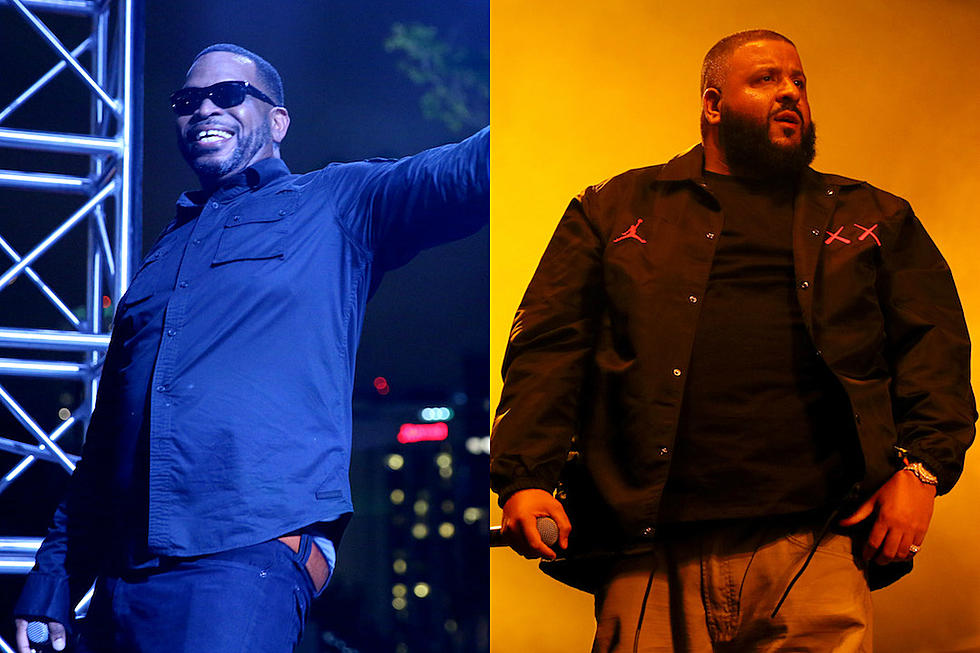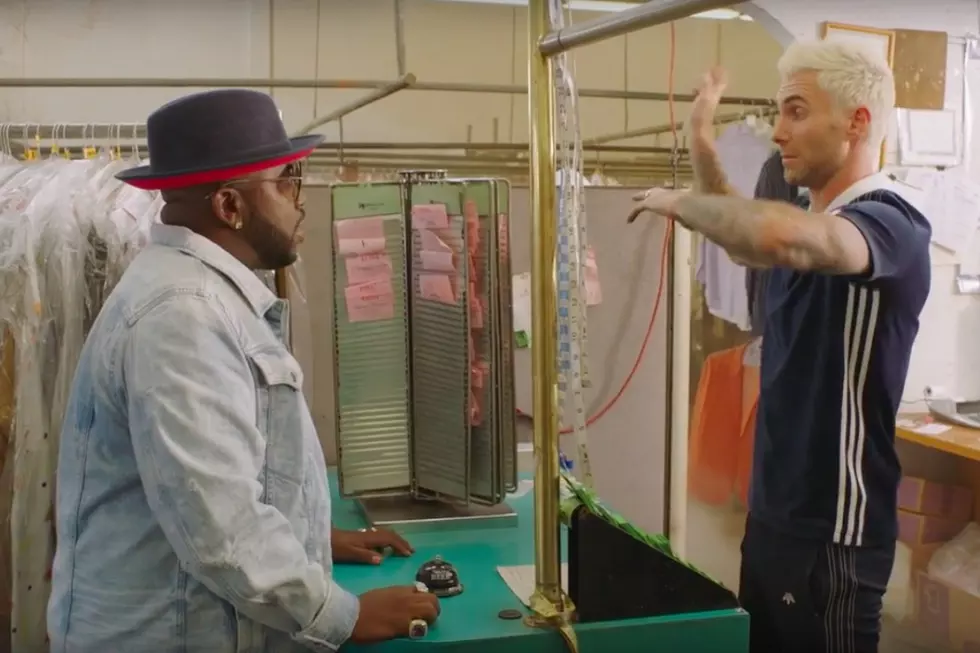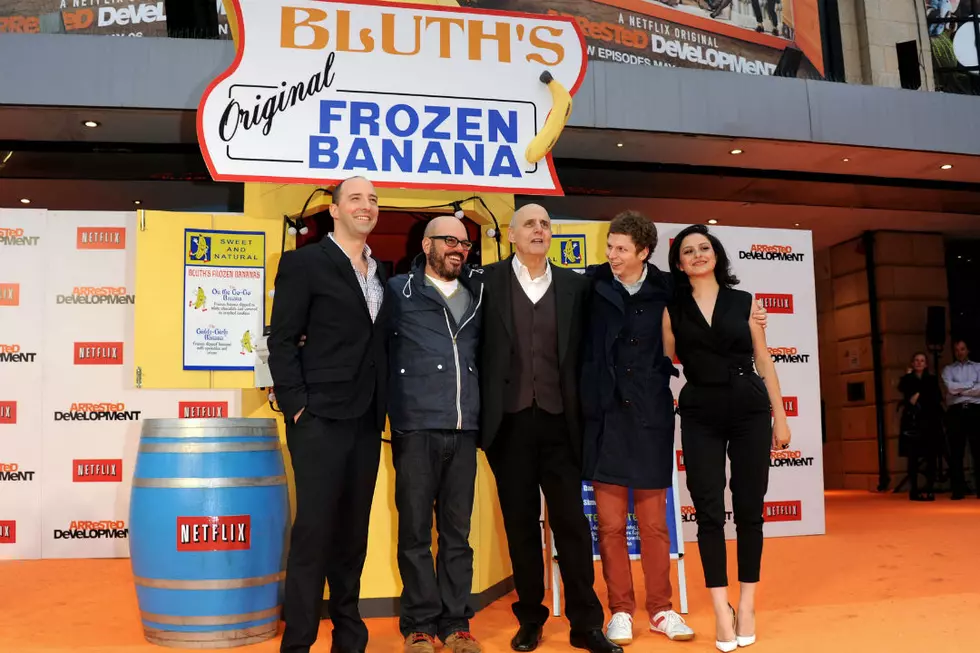
Will Smith and Pedro Almodovar Butt Heads Over Netflix at Cannes
The jury at this year’s Cannes film festival features a diverse group of acclaimed filmmakers and actors, including Park Chan-wook, Jessica Chastain, Pedro Almodóvar and Will Smith — yes, as in the artist formerly known as the Fresh Prince. It’s only the second day of the festival, but there’s already a debate between two of this year’s jurors regarding Netflix, which caused a bit of controversy at Cannes before the festival even began.
To recap: Netflix has two films in competition at Cannes this year — Bong Joon-ho’s Okja and Noah Baumbach’s The Meyerowitz Stories. Last week, the film festival announced that, beginning in 2018, “any film that wishes to compete in Competition at Cannes will have to commit itself to being distributed in French movie theaters.” The decision came after the fest failed to reach an agreement with Netflix to release their films in theaters before premiering on the streaming platform. (In France, the window between theatrical and VOD release is 36 months.)
According to IndieWire, at least one juror is not a fan of the company’s release strategy. During the jury press conference, director Pedro Almodóvar said that films should be viewed first and foremost on the big screen, not at home on Netflix. It’s an opinion shared by many cinephiles and filmmakers, though there’s been a shift in recent years as directors have moved to embrace the medium; even Martin Scorsese, renowned film preservation advocate, is making a movie for Netflix. (He’s also lent his support to Screening Room, the premium service which would allow people to rent new films at home the same week they hit theaters).
Fellow Cannes juror Will Smith did not share Almodóvar’s opinion. The actor, who stars in the upcoming Netflix film Bright (from director David Ayer), used his three children as an example of how the platform brings filmmakers to a wider audience, and encourages them to see more movies:
I see very little cross between going to the cinema and watching what they watch on Netflix in my home. Netflix has no effect on what they go to see in a movie theater. They are two different forms of entertainment. With Netflix they get the benefit to watch what they never would have seen, it brings great connectivity to them to the world. There’s movies that aren’t on a screen within 8000 miles of them. They get to find these artists and look them up online, the whole underground world of artists. Netflix has done nothing but broaden my children’s global cinematic comprehension.
In Smith’s diplomatic estimation, it’s not an either / or scenario: You can go to the theater and still watch movies on Netflix. You can enjoy movies at home and still love the theatrical viewing experience. Unfortunately, Netflix — unlike Amazon — isn’t particularly concerned with theatrical distribution, and their general attitude toward the movie theater business hasn’t exactly helped matters, either.
More From Y105
![Snoop Dogg Starts Summer Early with ‘Go On,’ Featuring October London [LISTEN]](http://townsquare.media/site/625/files/2017/04/Snoop-Dogg-Mount-Kushmore.jpg?w=980&q=75)



![Should the Boston Celtics Keep the Number One Draft Pick? [POLL]](http://townsquare.media/site/758/files/2017/05/Celtics.jpg?w=980&q=75)





